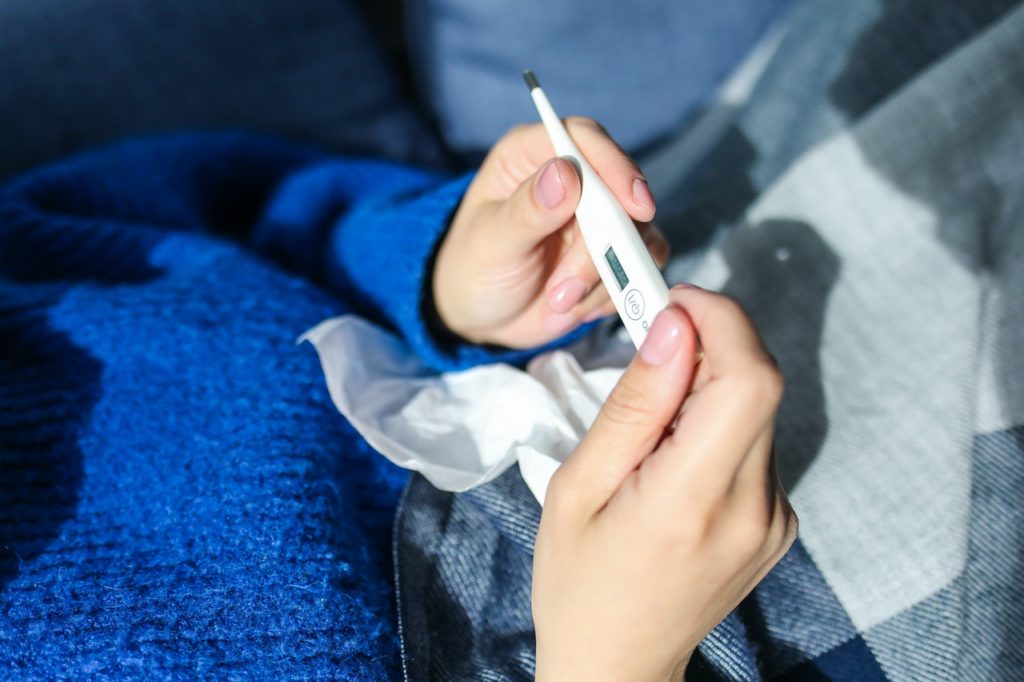The stress that comes with worrying about the global pandemic can take a toll on one’s physical health. However, the rising cost of healthcare has made many reluctant to visit the hospital in fear of contracting the virus. In turn, people are learning to take more responsibility for their health. You might have thought that checking your blood pressure or blood sugar levels requires the help of a medical professional, but that’s not necessarily the case.
Keeping an eye on your vitals can be done at home, as long as you have these medical tools at hand.
Thermometer
This is one of the most common medical tools to have at home. If you’re feeling a little under the weather, checking your temperature using a thermometer is a good way to determine whether you have a fever. This is especially important if you have any pregnant women, children, or newborns in your household. A normal temperature ranges anywhere from 97 °F (36.1 °C) to 99 °F (37.2 °C), and if it goes beyond that, observe the situation and decide whether you need to visit the hospital or recover at home.
Blood Glucose Monitor
Otherwise known as a glucometer, this device helps monitor your blood sugar levels. This is very helpful for people who might and are suffering from diabetes. Using a glucometer isn’t difficult as you might think. The device comes with a pen-like tool for pricking your finger. You then place the blood on the disposable test strips, insert the strips into the machine, and see your glucose measurement or glycemia.
Weighing Scale
While most people continue to work from home, it’s important to keep track of your weight. Spending hours seated in front of your computer can have adverse effects on your health. It’s also important to be mindful of sudden fluctuations in your weight, as it can be significant underlying health conditions like a hormone imbalance. Keep track of your body mass index (BMI), exercise regularly, and maintain a healthy lifestyle to prevent unnecessary trips to the hospital.

Blood Pressure Monitor
This device is helpful for people who might suffer from high blood pressure or low blood pressure. Keep an eye on your blood pressure levels daily and report it to your physician as needed. Monitoring your blood pressure can also help you observe how certain medication affects your blood pressure levels. For easier and more accurate data, use a digital blood pressure monitor to help you keep track of your health.
Air Purifier
While not necessarily a medical device, an air purifier can benefit your health by removing pollutants and contaminants from the areas they are placed in. Air purifiers have a laundry list of benefits such as:
- Relieves allergies and asthma
- Improves sleep
- Removes asbestos particles
- Eliminates harmful chemicals
- Removes unpleasant odors
- Decreases the chances of airborne diseases
If you’re not too keen on investing in a good air purifier, consider having plants in your home that can help clean and purify the air.
Orthopedic Heat Belt
If you often suffer from backaches, joint pains, period pains, and abscesses, consider purchasing an orthopedic heat belt. This can help with circulation to relieve inflammation, decrease back discomfort, and ease any pain you’re experiencing from these conditions. However, before going to the store, consult whether this is the best solution for your condition with a medical professional.
Nebulizer
Nebulizers are devices that help administer medication to those who have asthma and severe heart and lung failure. It can also be used with saline water to improve congestion, coughing, and fatigue. They’re also a faster more cost-effective way to easing these conditions, as pills take longer to take effect, and an ER visit could cost you a bit of money. Not only that, but nebulizers are convenient and portable, meaning you can bring them around with you in case of emergencies.
Mobility Equipment
If you or anyone in your household has mobility issues, make sure that they have the right equipment to help them move around at home. Depending on the condition, mobility equipment usually includes canes, wheelchairs, crutches, walkers, or even guide dogs.
While these medical devices are important to have in your home, it’s still important to rely on doctors, especially for more serious conditions. If you’re feeling any major discomfort or pain, do not try to handle the situation yourself. Get in contact with a medical professional and let them examine you under the proper lighting and environment and with the right tools. ;


